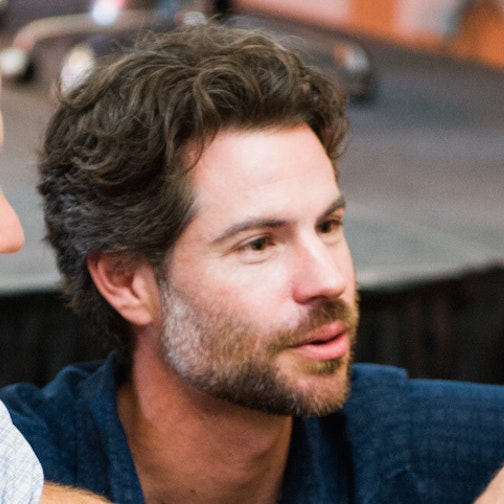Announcing Breakthrough Journal Issue 3
Wicked Polarization
-
-
Share
-
Share via Twitter -
Share via Facebook -
Share via Email
-
While the three weeks between President Obama's second inauguration and his State of the Union next month offers a reprieve from partisan warfare, few doubt we will soon return to new fights over the debt limit, entitlements, taxes, immigration, and guns.
How did America become so divided -- and what can we do about it? As individuals focused on climate and the environment, two of the most polarizing issues today, we set out last year to answer that question.
The result is the third issue of The Breakthrough Journal -- also released as the e-book, Wicked Polarization, on Amazon. (Read our full introduction to the issue here.)
Americans became increasingly divided starting in the 1960s as we started dealing with the problems created by prosperity. Where the mortal problems of old -- infectious disease, hunger, deprivation -- unified the public, the "wicked problems" created by affluence and modernity -- pollution, urban crime, obesity -- divide us.
Our wealth has allowed us to self-sort into ideologically conforming Congressional districts, and to fund intractable political battles. But against the view that corporate power has corrupted democracy and disempowered citizens, the contributors here argue that greater democracy and more media choices have widened the ideological divide. The real problem is not that our democracy is broken but rather that much of the American electorate has lost confidence in national institutions, whether big business or big government.
Rather than exercising a moderating influence, battling tribes of ideological experts frame new social and environmental problems in ways that undermine pragmatic political action. And rather than counter-balancing the expert ideologues, the news media have been caught up in the hyperpartisan spiral, making it easier than ever for politicians and voters alike to insulate themselves from information that challenges their assumptions.
What will it take for Americans to come together? The creative destruction of the old ideological fault lines. Reformers must challenge the simplistic framing of issues as the consequence of either unchecked corporate power or unchecked government. All of this will require a renewal of the American tradition of democratic pluralism -- and a pragmatic commitment to concrete common actions.
Read our introduction to Breakthrough Journal Issue 3, Wicked Polarization: How Prosperity, Democracy, and Experts Divided America.

